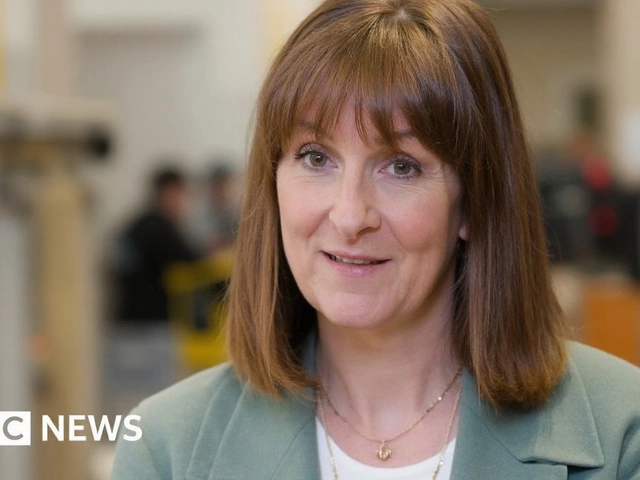
What Happens to Your Benefits When You Claim the State Pension at 66?
Getting close to the State Pension age in the UK? It’s not just about getting your pension—it means some benefits stop or change the moment you hit 66. The country has some strict overlapping benefit rules that make sure people can’t double-dip by getting the full payment from two benefits at the same time.
The State Pension age is now 66 for everyone. When you reach that age, you can no longer claim some "working-age" benefits, and even if you do get others, amounts may change. The rules apply to both contributory benefits (those based on your National Insurance history) and non-contributory benefits (ones not tied to NI contributions).
Why Carer's Allowance Gets Cut When You Hit State Pension Age
The standout example is Carer's Allowance. For carers who look after someone for at least 35 hours a week, this benefit can really help—but if you're over 66 and your State Pension is higher than the Carer's Allowance rate (£73.45 per week in 2023), you won’t get Carer's Allowance paid to you any longer. You can’t claim the full amount for both; the State Pension takes priority. But there’s a twist: you might still have an ‘underlying entitlement’ to Carer’s Allowance. This means you don’t get the money in your bank account, but it signals to other benefits that you’re a carer, which can increase things like Pension Credit. For example, you could receive a Carer Addition of £38.15 per week on top of Pension Credit, even if you don’t get the Carer’s Allowance payment anymore.
This setup can actually boost your income if you qualify for Pension Credit, as it recognizes the value of unpaid caring even after payments stop. A lot of people miss out because they don’t know about this underlying entitlement—so it’s worth checking.
Other contributory benefits such as contribution-based Employment and Support Allowance (ESA) and Jobseeker’s Allowance are also phased out once you reach State Pension age. The government does this to prevent overlapping: they don’t want people getting full payments from two social security streams that serve the same purpose. It’s all about fairness, at least from their perspective.
If you’re on means-tested, "working-age" benefits like Universal Credit or income-related ESA, those stop when you turn 66. So if you depend on those, it’s good to start planning before you reach State Pension age. There’s no overlap allowed—once the State Pension starts, these end.
Some people consider deferring their State Pension so they can keep claiming other benefits for longer. But this isn’t a free lunch. Money you could be getting from your State Pension—even if you’re not actually receiving it—is counted as ‘notional income’ when means-tested benefits are calculated. Deferring without careful planning can actually leave you with less than you thought.
According to recent government stats, almost everyone who’s entitled to the State Pension claims it now—a reported 0% of eligible people missed out in the 2025 financial year. That means the overlapping rules have become the norm, not the exception.
If you’re coming up to the big 6-6, don’t just expect things to roll over smoothly. It pays to know what to expect, check for any underlying entitlements, and plan your finances out properly. Plenty of people get caught off guard, but you don’t have to be one of them.




